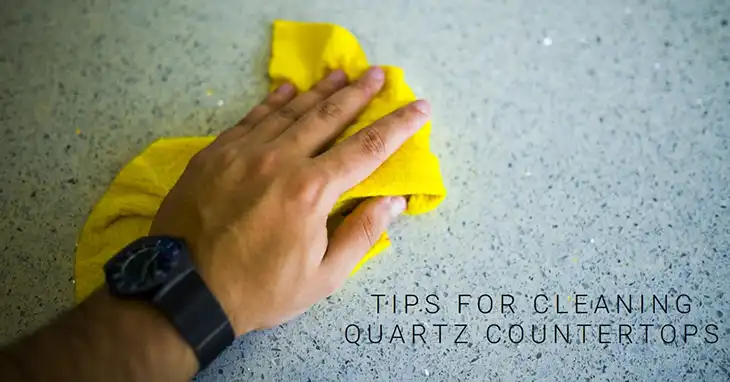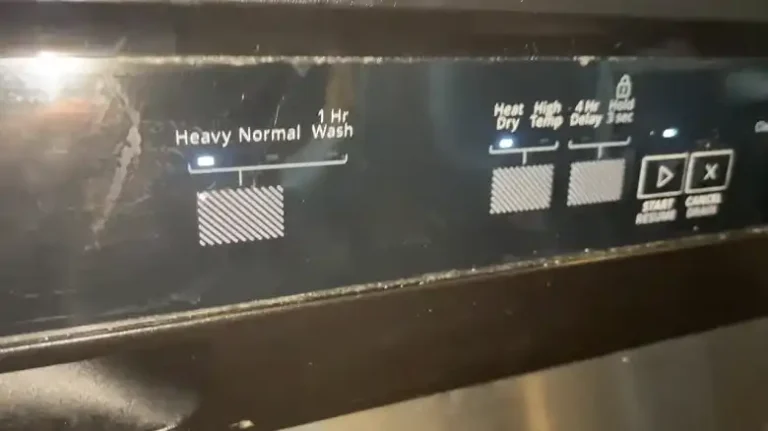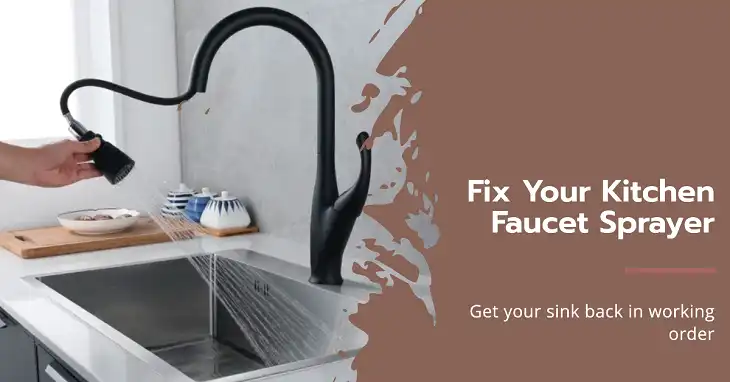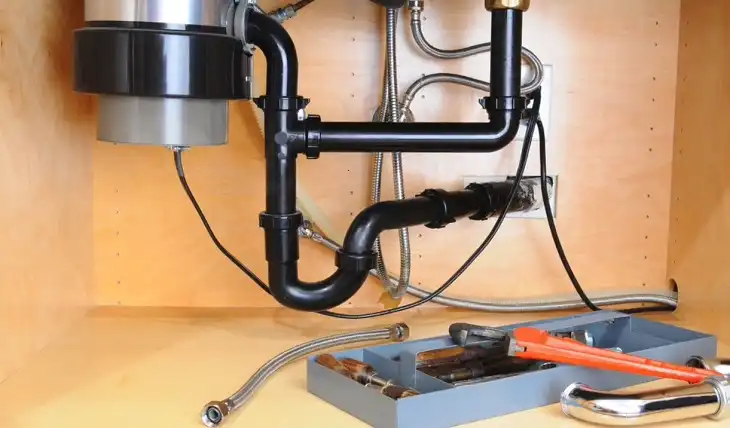How to Clean Quartz Countertops Guidelines
Quartz countertops are a popular choice for kitchens and bathrooms due to their durability, low maintenance, and beautiful appearance. However, keeping them clean and stain-free requires specific methods to avoid damage and maintain their glossy finish. This guide will provide step-by-step instructions on how to properly clean quartz countertops, along with do’s and don’ts for daily maintenance.
Summary: Cleaning quartz countertops involves using mild dish soap, a soft cloth, and avoiding harsh chemicals or abrasive scrubbers. This guide will outline the best practices to keep your quartz looking pristine.

Why Proper Cleaning Matters for Quartz Countertops
Quartz is a non-porous surface, which means it’s resistant to staining, but improper cleaning can still lead to discoloration or surface damage. Harsh chemicals can strip the protective resin layer, while abrasive scrubbers can leave unsightly scratches. Understanding the correct cleaning techniques is essential for maintaining the longevity and aesthetic appeal of your quartz surfaces.
Daily Cleaning Routine for Quartz Countertops
1. Use Mild Dish Soap and Warm Water
Materials Needed:
- 1 teaspoon of mild dish soap
- 2 cups of warm water
- A soft microfiber cloth
Step-by-Step Instructions:
- Mix the Solution: Combine 1 teaspoon of mild dish soap with 2 cups of warm water in a bowl.
- Dampen the Cloth: Dip a soft microfiber cloth into the soapy solution.
- Wipe Down the Surface: Gently wipe the entire surface of the countertop using the cloth, applying more pressure on sticky spots.
- Rinse and Dry: Rinse the cloth with clean water and wipe the countertop again to remove any soap residue. Use a dry microfiber cloth to buff the surface.
Tip: Avoid using sponges with a rough texture, as they can cause micro-scratches over time.
2. Cleaning Up Spills Immediately
Why It’s Important: Quartz is stain-resistant, but not stain-proof. Spills like coffee, wine, or tomato sauce should be wiped up immediately to prevent surface discoloration.
How to Clean Spills:
- Blot Instead of Wiping: Use a soft cloth to blot up the spill, rather than wiping it around.
- Apply Soapy Water: Clean the area with a soapy solution to ensure no residue is left behind.
3. Using a Non-Abrasive Cleaner for Stubborn Stains
If mild soap doesn’t remove the stain, you can use a non-abrasive cleaner designed specifically for quartz countertops.
Materials Needed:
- Quartz-safe cleaner (like Granite Gold Quartz Brite)
- Soft-bristled nylon brush
Instructions:
- Spray the Cleaner: Apply the quartz-safe cleaner directly on the stain.
- Let It Sit: Allow it to sit for 2–3 minutes.
- Gently Scrub: Use a soft-bristled brush to scrub the stain gently.
- Rinse and Wipe Dry: Rinse with warm water and dry the surface thoroughly.
Safety Note: Always check the product label to ensure it’s safe for quartz surfaces. Avoid cleaners with bleach or high pH levels.
Avoid These Mistakes When Cleaning Quartz
1. Never Use Harsh Chemicals
Avoid using bleach, ammonia, or highly acidic cleaners like vinegar. These can break down the protective resin layer and lead to dulling or etching over time.
2. Do Not Use Abrasive Pads or Scrubbers
Stay away from steel wool, scouring pads, or any tool that could scratch the surface. Always stick to soft microfiber cloths or nylon brushes.
3. Avoid Excessive Heat Exposure
Although quartz is heat-resistant, placing hot pans or pots directly on the surface can lead to thermal shock, causing cracks. Use trivets or heat pads to protect your countertops.
How to Disinfect Quartz Countertops
Disinfecting quartz countertops can be done safely without damaging the surface. Choose a gentle, non-bleach disinfectant or make your own solution at home.
Materials Needed:
- Isopropyl alcohol (70%)
- Water
- Spray bottle
Step-by-Step Instructions:
- Mix the Solution: Combine 1 part isopropyl alcohol with 1 part water in a spray bottle.
- Spray the Countertop: Lightly mist the surface with the solution.
- Let It Sit: Allow it to sit for 2–3 minutes.
- Wipe Clean: Wipe with a soft cloth, then rinse the surface with water and dry thoroughly.
Tip: Do not leave the disinfectant on for more than a few minutes, as prolonged exposure can degrade the resin layer.
How to Remove Tough Stains on Quartz Countertops
For tougher stains like ink, gum, or grease, a different approach is needed.
Recommended Method:
- Use a Plastic Scraper: For dried spills or gum, gently scrape away the debris with a plastic scraper.
- Apply a Paste of Baking Soda and Water: Mix baking soda with a small amount of water to form a thick paste. Apply it to the stain and let it sit for 5–10 minutes.
- Gently Scrub with a Soft Brush: Use a soft-bristled brush to scrub the paste into the stain.
- Wipe and Rinse: Rinse with clean water and dry.
Note: Never use a metal scraper or knife, as it can cause permanent damage to the surface.
Do’s and Don’ts of Cleaning Quartz Countertops
| Do’s | Don’ts |
| Use mild dish soap and warm water daily | Avoid harsh chemicals like bleach or ammonia |
| Use a plastic scraper for dried spills | Don’t use steel wool or scouring pads |
| Use trivets or heat pads for hot items | Avoid placing hot pans directly on the surface |
| Clean up spills immediately | Don’t let acidic foods sit on the surface |
| Use soft microfiber cloths for wiping | Avoid excessive pressure when scrubbing |
FAQs
Can I use Windex on quartz countertops?
No, Windex and other glass cleaners can contain harsh chemicals that are not safe for quartz surfaces. Opt for a quartz-specific cleaner instead.
How do I get rid of water spots on quartz?
Water spots can be removed using a mixture of mild dish soap and warm water. Apply the solution and use a soft cloth to gently buff out the spots.
Are there specific cleaners I should use for disinfecting quartz?
Yes, choose non-bleach, pH-balanced disinfectants. Isopropyl alcohol mixed with water is a safe option.
How often should I clean my quartz countertops?
Clean daily with a mild soap and water solution and disinfect weekly. For tough stains, spot-treat as needed.
Can I polish quartz countertops at home?
Polishing quartz requires special equipment and polishing compounds. If your quartz has lost its shine, contact a professional to restore the surface.





